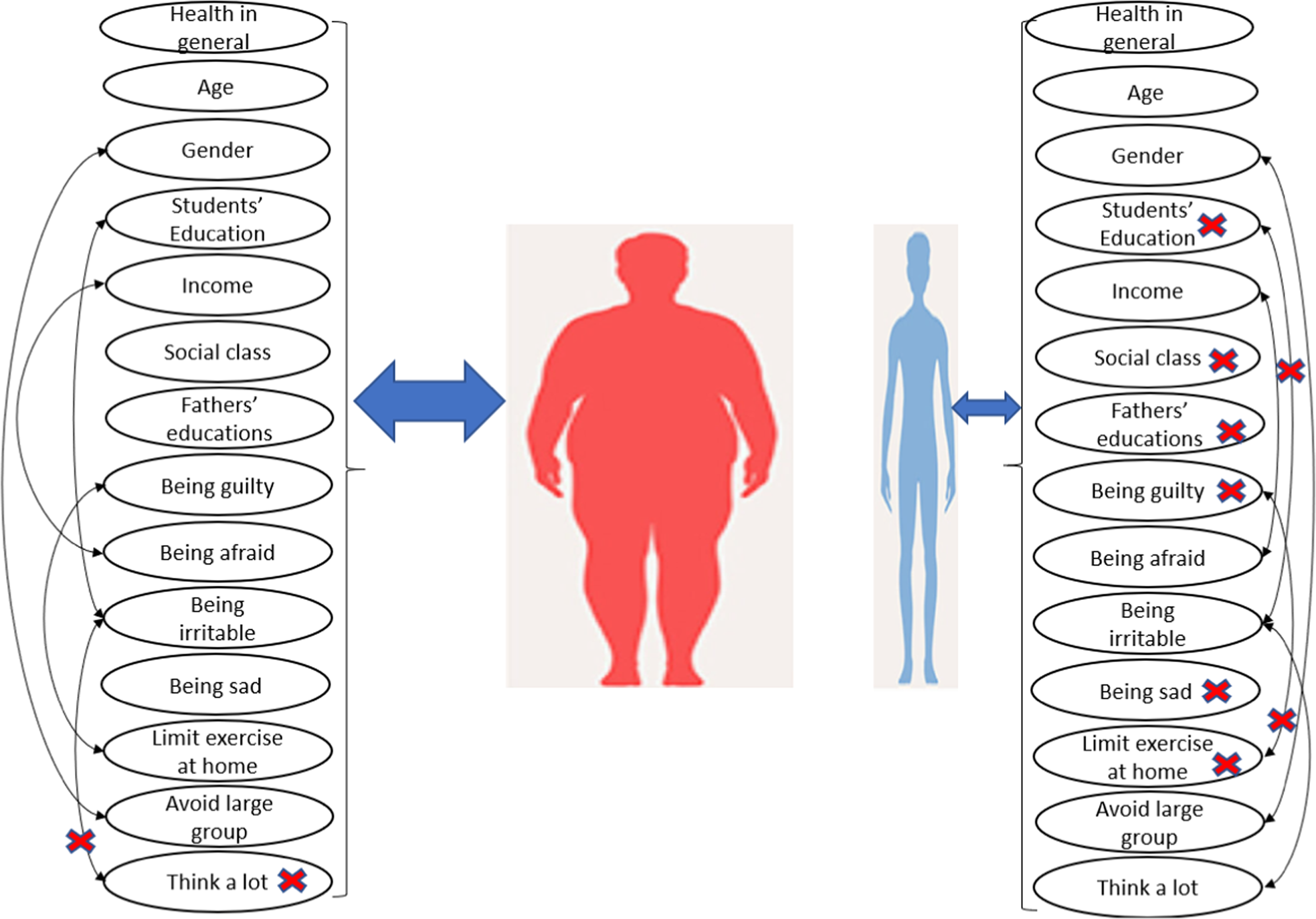
When you are trying to get pregnant with frequent unprotected sex for at least a year but failing, it may be due to infertility. Infertility can result from both female and male factors. However, each case is different, and the actual cause is unknown. It may be due to several health factors or genetic problems that you are facing trouble getting pregnant.
One-third of the time, infertility is caused by female health factors, which are not easy to diagnose. The probability of infertility caused by male factors is also one-third. Therefore, before you get excited and plan a pregnancy, both partners should get tested for their fertility levels. If your levels are not optimal, you can opt for different treatments that have promising results. Many have been treated and conceived a child by just a few changes in their lifestyle.
Here, we will discuss female infertility: How to spot the signs and what to do next to improve these factors.
Table of Contents
Common Signs of Female Infertility
Around 13% to 17% of couples have trouble getting pregnant. It may be due to many reasons; some are treatable, some are not. It is sometimes difficult to point out infertility symptoms, but the following are some of the signs that can lead to female infertility:
1- Irregular Periods
The average woman’s menstruation cycle is about 28 days long.
Although a cycle of 21 to 35 days is also considered normal if it stays consistent. However, if your period cycle is always unpredictable with irregular bleeding that makes it impossible to foresee when the next one will come, then it is caused by a hormone imbalance that can lead to infertility. Irregular periods are always because of hypothyroidism, hyperthyroidism, polycystic ovarian syndrome, and hyperprolactinemia. All these conditions are severe, and they can lead to infertility later.
2- Absence of Menstruation Cycle
Life stress or overexertion can often cause you to skip a period. It is mainly due to the stress factor and can go when you get calm. However, if you have not had your period in months, such as 4 to 6 months, it is an alarming sign. You must see your doctor immediately to find the cause, as it can lead to severe infertility.
3- Intense and Painful Periods
If your period is so heavy and painful that it hampers your daily activity, it might be due to endometriosis or fibroids in the uterus. It is a leading cause of infertility for about 20% to 40% of women infertility issues. You should not avoid it, as it is not normal to experience such heavy periods without any reason.
4- Intensive Pain during Sex
Many women consider pain during sexual intercourse normal. However, it is not the case. If you feel intense pain every time you have sex, it can be because of an underlying condition, like pelvic inflammatory disease or endometriosis. These conditions can cause infertility. You should not oversee it and consult a doctor.
5- Soreness or Itchiness in the Vaginal Area
If you feel soreness or itchiness, particularly when it happens with a discharge, it could result from a vaginal infection. If you leave it untreated, it can cause conditions like gonorrhea, chlamydia, and mycoplasma, ultimately leading to infertility.
6- Signs of Hormonal Imbalance
The hormonal imbalance can cause multiple issues when you are trying to get pregnant. Hormonal disorders like hair loss, constant fatigue, sudden weight gain, edema, headaches, excessive facial hair, nipple discharge, and severe acne all are signs of imbalance. Therefore, you must not ignore these signs and treat them timely.
Causes of Female Infertility
Following are the causes of female infertility:
- Endometriosis
- Tubal occlusion
- Ovulation disorders
- Uterine and cervical problems
- Age
- Unexplained infertility
Now, you know the common signs and causes of female infertility. If you have such conditions, your next step should be their treatment.
Female Infertility Treatments
Just because you are facing a delay in pregnancy does not mean you will never get pregnant. Many couples with diagnosed infertility issues have had successful pregnancies with the proper treatment.
There is an extensive range of treatments that target different causes of infertility, including:
1- Fertility Medications
Fertility drugs work by exciting the hormones responsible for the ripening and release of the egg and could help women with ovarian disorders. However, specific health issues like ovarian hyperstimulation or the increased chance of developing ovarian tumors come as side effects of these drugs.
2- Surgical Procedures
Some surgical procedures help correct the blockages or abnormalities in the uterus and fallopian tubes causing infertility. However, these procedures are now rarely used, as other treatments have proven more effective.
3- IUI
Intrauterine insemination (IUI) is a treatment in which millions of healthy sperm are injected directly into the woman’s uterus when ovulating. It has been successful in almost all cases.
4- IVF
IVF or in vitro fertilization is by far the most effective assisted reproductive treatment. In this treatment, a mature egg is taken from the mother, and it is fertilized with the father’s sperm in a lab. This fertilized egg is then placed back into the uterus. However, this treatment can take several weeks, and regular hormone injections are required to ensure successful implantation.
Conclusion
These are the main signs of female infertility. You should get an appointment with your doctor immediately if you ever encounter them. Moreover, your doctor can advise any of the treatments mentioned above if you have infertility.
If you want more information or an appointment with a professional, you can get it booked with the best endocrinologist through Marham.



:max_bytes(150000):strip_icc()/hypersexuality-f7219c0faf93488b82402d4f9d20e454.jpg)


